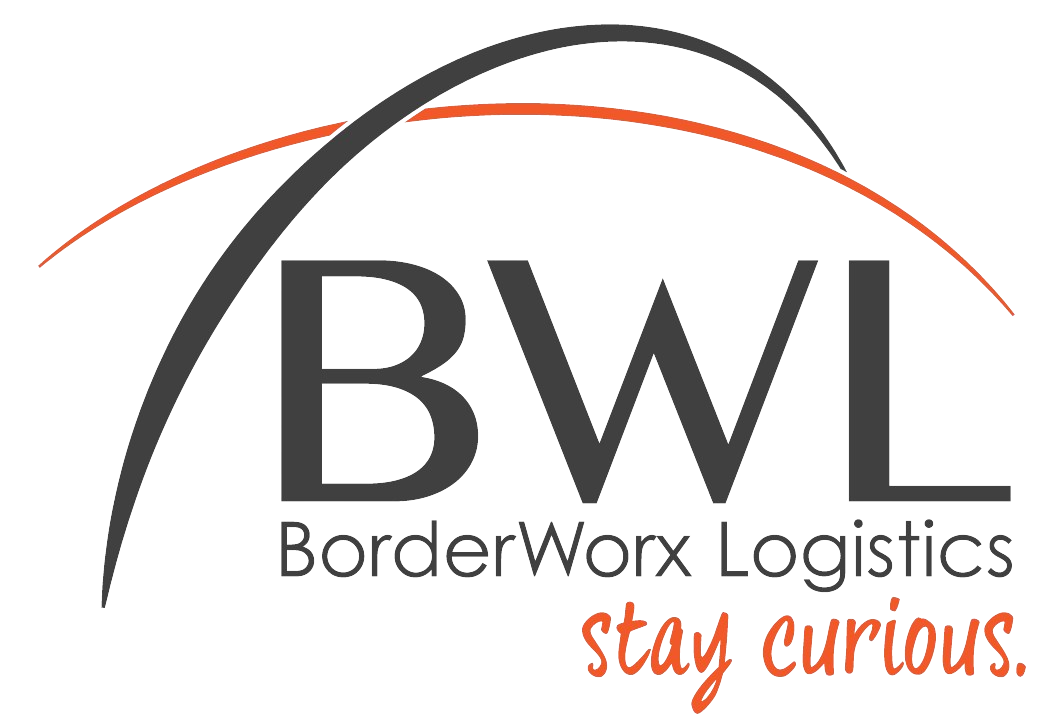Walmart Fulfillment Services (WFS) presents an intriguing opportunity for businesses looking to expand their online presence and leverage the retail giant’s expansive customer base. As Walmart’s answer to the growing demand for efficient, reliable e-commerce fulfillment, WFS offers a suite of services designed to handle inventory, shipping, and returns for sellers on Walmart’s online marketplace. In this article, we’ll delve into the pros and cons of utilizing WFS, offering insights into how it stacks up as a platform for business expansion.

Pros
Vast Customer Reach
One of the most compelling advantages of WFS is the access it provides to Walmart’s massive online audience. Walmart is a household name with a loyal customer base, and its online marketplace is rapidly growing. By partnering with WFS, businesses can tap into this extensive network, increasing visibility and potentially boosting sales.
Streamlined Operations
WFS simplifies the logistics of online selling by managing inventory, fulfillment, and returns. This means businesses can focus on product development, marketing, and other growth strategies instead of getting bogged down by the complexities of e-commerce operations. WFS’s streamlined process can lead to faster shipping times, which is a critical factor in customer satisfaction and repeat business.
Integration and Support
Walmart provides integration support for sellers using WFS, making it easier to list products, track inventory, and manage orders. Additionally, Walmart’s customer service handles inquiries, returns, and exchanges, further reducing the operational burden on businesses. This comprehensive support system can be particularly beneficial for small to medium-sized enterprises (SMEs) with limited resources.
Cons
Costs and Fees
While WFS offers a robust infrastructure, it comes with a price. The costs associated with storage, fulfillment, and additional services can add up, potentially eating into profit margins. Businesses must carefully evaluate the fee structure and consider how it aligns with their pricing strategy and overall business model.
Competition and Market Saturation
Walmart’s marketplace is becoming increasingly competitive, with many sellers vying for attention. Standing out in a crowded field requires strategic pricing, high-quality listings, and excellent customer service. Additionally, the platform’s focus on competitive pricing can lead to a race to the bottom, where only those with the slimmest margins survive.
Overall Walmart Fulfillment Services offers a compelling proposition for businesses looking to expand their online footprint. The platform’s extensive reach, operational support, and streamlined logistics are significant advantages. However, the associated costs, potential over-reliance on Walmart, and intense marketplace competition present challenges that businesses must navigate carefully. Ultimately, the decision to use WFS should be based on a strategic assessment of its fit with a company’s growth objectives, market positioning, and operational capabilities. Diversifying sales channels and maintaining a clear understanding of the platform’s evolving landscape will be crucial for businesses aiming to thrive in the competitive world of online retail.
